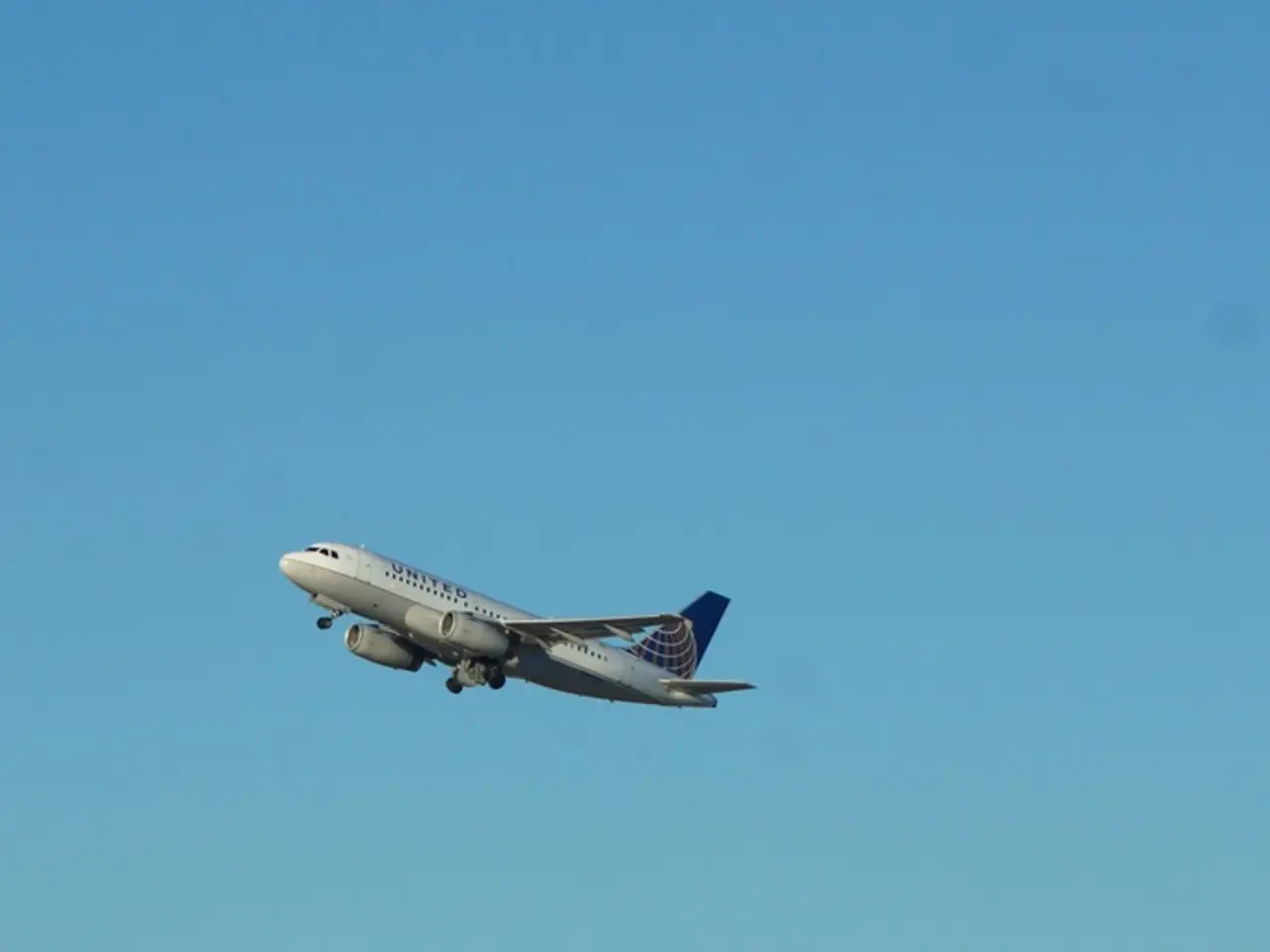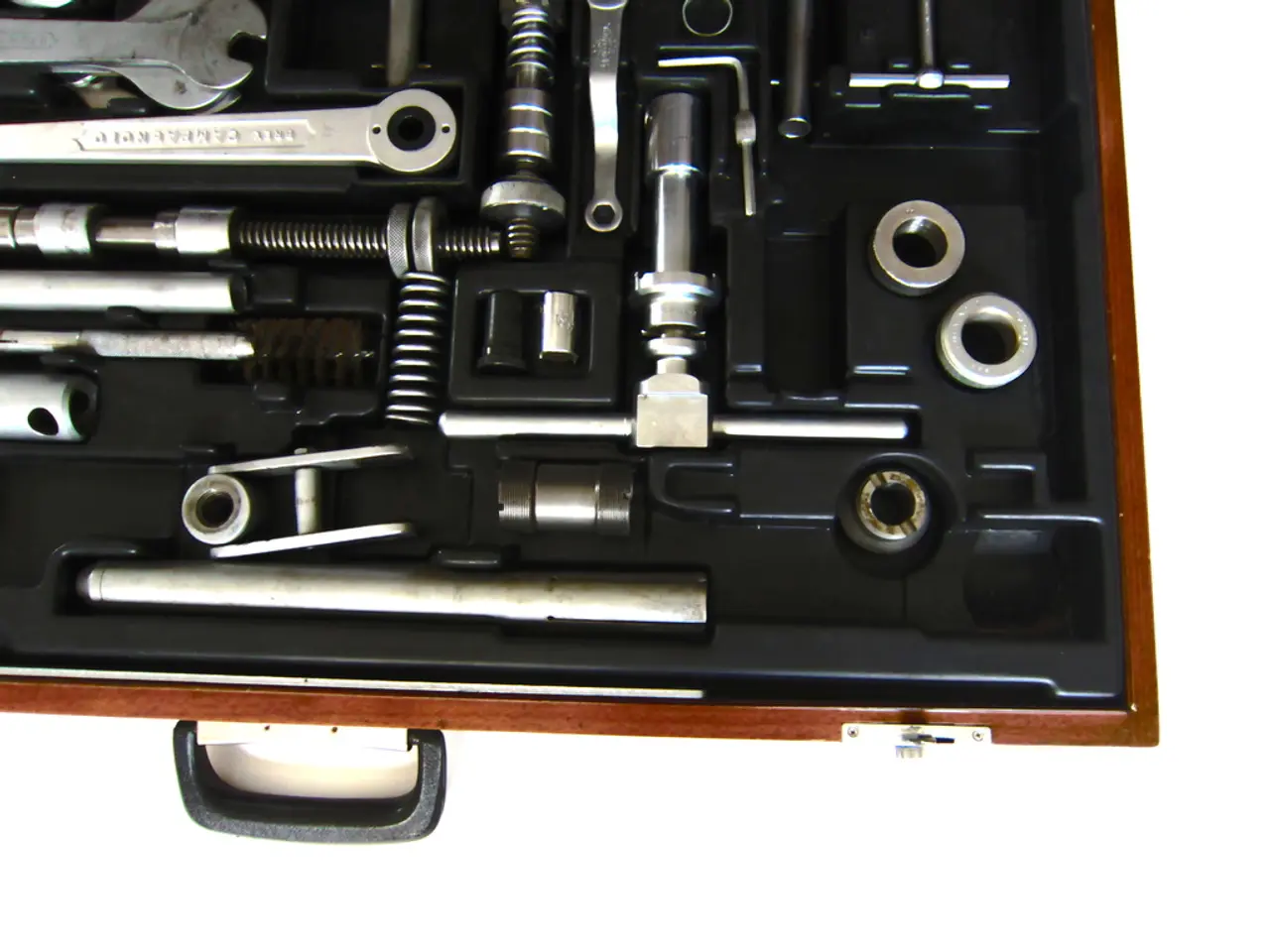Airbus secures agreement with LOT Polish Airlines for delivery of more than 80 aircraft, marking a significant milestone.
LOT Polish Airlines has made a significant stride in its fleet modernization plan, committing to purchase 40 Airbus A220 aircraft, with options for an additional 44, in a deal worth approximately €900 million. The announcement was made during the opening day of the 2025 Paris Air Show.
The acquisition marks the first time the Polish flag carrier has selected Airbus jets for its fleet. Deliveries of the aircraft are scheduled to begin in the summer of 2027.
The A220s will gradually replace aging Embraer models in LOT's fleet, signalling a strategic shift towards a more modern, fuel-efficient, and passenger-friendly regional fleet. This move aligns with LOT’s broader fleet strategy, where different aircraft types are assigned roles according to route length and demand.
The A220's extended range of up to 6,700 kilometers will allow LOT to expand its regional routes within Europe and adjacent regions. By integrating the A220-100 and A220-300 variants, LOT aims to cover a range of regional capacities efficiently, supporting both current operations and future network expansion with improved economics.
The A220 offers lower fuel consumption, enhanced range, and better passenger comfort compared to the retired Fokker and Embraer jets. This will allow LOT greater flexibility and potential to open new or increase frequencies on regional and medium-capacity routes. The cabin interiors are being refreshed in partnership with Recaro to provide a modernized passenger experience tailored to the airline’s brand and operational model.
The purchase strengthens Franco-Polish ties amid broader European cooperation initiatives. The A220 deal represents a significant market breakthrough for Airbus in Central and Eastern Europe.
LOT's transformation from near-bankruptcy in 2013 to a multi-billion-zloty investment today is a remarkable turnaround and signals confidence in the carrier's long-term strategy. The deal includes 20 A220-100 and 20 A220-300 aircraft, with all models equipped with Pratt & Whitney PW1500G engines.
The first A220 deliveries are scheduled for 2027, and LOT has a fleet expansion plan in place to position itself as a competitive player in the European market. The A220s will operate primarily from Warsaw Chopin Airport and potentially the Central Communication Port (CPK) in the future. The CPK project, a major transport hub under development west of the capital, is expected to be completed by the early 2030s.
LOT's investment in new-generation regional aircraft aligns with the government's vision for Warsaw Chopin Airport to become a key European transit point. With this acquisition, LOT's fleet structure is becoming more versatile, positioning the airline for competitive growth in the European regional market. Airbus has pledged to provide technical assistance to LOT for the integration of the new aircraft.
- This acquisition by LOT Polish Airlines, worth approximately €900 million, marks the first time the airline has selected Airbus jets for its fleet.
- Deliveries of the A220 aircraft are scheduled to begin in the summer of 2027, with options for an additional 44 planes.
- The A220's extended range will allow LOT to expand its regional routes within Europe and adjacent regions.
- By integrating the A220-100 and A220-300 variants, LOT aims to cover a range of regional capacities efficiently, supporting both current operations and future network expansion with improved economics.
- The A220 deal represents a significant market breakthrough for Airbus in Central and Eastern Europe, strengthening Franco-Polish ties amid broader European cooperation initiatives.
- LOT's investment in new-generation regional aircraft aligns with the government's vision for Warsaw Chopin Airport to become a key European transit point, positioning the airline for competitive growth in the European regional market.
- The purchase of the A220 aircraft and the subsequent fleet modernization plan set by LOT signifies a strategic shift towards a more modern, fuel-efficient, and passenger-friendly regional fleet within the wider aviation industry.




